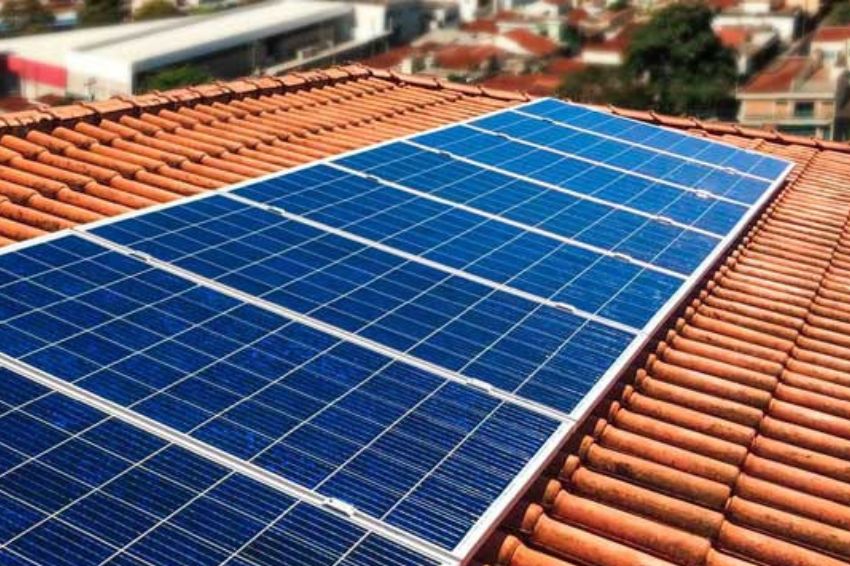With collaboration of Renato Edelstein It is Leonardo Balbino*
On February 7, 2023, more than a year after the sanction of Law No. 14,300/22, considered the Legal Framework for GD (distributed generation), the ANEEL (National Electric Energy Agency) approved the improvement of the rules applicable to MMGD (micro and mini distributed generation).
The approval process can be considered one of the most controversial in the recent history of the electricity sector.
Within the scope of the public consultation that dealt with the topic, more than 800 contributions were received and the deliberation of the topic by the ANEEL Board of Directors took more than 15 hours.
Among many other points that have generated a lot of debate, there is a legal issue that deserves special attention in our opinion, due to a possible significant impact on access requests made until January 7, 2023.
This point concerns the deadline for correcting the access request to obtain full MMGD benefits.
In effect, the full benefits of MMGD (application of the rule plus compensation benefit) will only be applicable to interested parties who file an access request with the distributor within 12 months from the publication of this Law, that is, January 7, 2023.
Given this scenario, close to the deadline, there was a boom in requests for access opinions and project delivery commitments.
This is a fact that can be seen positively as it means that entrepreneurs have assimilated the window of opportunity for implementing DG projects.
Despite this, since the publication of the GD Legal Framework there was no complete clarity, nor even ANEEL regulation, regarding what the requirements would be to consider that the mere request for access would guarantee entrepreneurs the so-called (and much desired) “acquired right” to full compensation until 2045, with a notorious difficulty of the distributors themselves in dealing with the number of orders presented.
Aware of this practical difficulty in analyzing access requests, the legislator himself made a point of providing that interested parties could make the access request with pending documents and remediable defects, with the expectation of being able to correct the documentation later.
This is because, article 2, § 4 of Law nº 14,300/22, provides that:
“in the event of a formal defect that can be remedied or a lack of documents in the accessor's responsibility studies necessary for the preparation of the projects that make up the access opinion, the accessed distributor will notify the accessor of all verified pending issues that must be resolved and filed with the accessed distributor within 30 (thirty) days from the date of receipt of formal notification from the distributor for this purpose, providing a different period agreed between the parties”.
In other words, the indication of the GD Legal Framework is precisely in the sense of the possibility of reorganizing the access request, without prejudice to the acquired right.
Despite the legal basis to base possible corrections on the access request, the ANEEL Board of Directors and the Federal Attorney's Office moved in the diametrically opposite direction and adopted an understanding that, in our view, directly violates the legal text and could be opposed by interested parties.
In this sense, the ANEEL Board of Directors considered that accessor responsibility studies are no longer required since March 2022, when the Normative Resolution 1,000/2021 established that all studies became the responsibility of the distributor.
Therefore, in the current framework, there would be no “documents” or “studies” under the responsibility of the accessor that are not listed in the access request.
Thus, in line with the conclusions of the Federal Attorney's Office, drawn up in Opinion no. 00038/2023/PFANEEL/PGF/AGU, the possibility of using article 2, § 4 of Law No. 14,300/22 was ruled out to create the possibility of classifying those who did not comply with the command of item II of art. 26, of not presenting documents relating to the complete and timely access request.
The ANEEL Federal Attorney's Office stated this in the aforementioned Opinion:
“The access request, as provided for in § 2, should have been made in full by January 7, 2023 to guarantee the application of article 26 of Law No. 14,300/2022. For the access request, there is no normative provision for its completion, but only the establishment of a deadline for the distributor to reject the request due to insufficient documents, which is in accordance with article 71 of REN nº 1,000/2021. And for this there is a reason: in favor of legal security, Law No. 14,300/2022 brought a transition rule to maintain the rule previously in force for facilities already in operation and for those that had a complete access request by the 7th of January 2023. If any incomplete access request were allowed to be filed by January 7, 2023, this means that Law No. 14,300/2022 itself would be bringing an innocuous transition rule: the mere filing of any role in the distributor to remove the application of the tariff rule of Law No. 14,300/2022 until 2045.”
Thus, according to the position established by ANEEL, If documents or studies are pending, the user may not be entitled to full distributed generation benefits.
In this case, the project could fit into the transition rules, but not within the old and more beneficial system.
In other words, ANEEL's position, in addition to violating the text of the Law and being capable of being questioned, ratifies the importance of the protocol of the access opinion request (connection budget) with all applicable requirements and documents. If any inconsistency is found, the “acquired right” may be affected.
This point is relevant in the context of M&As projects that involve DG assets and deserves special attention according to the specific case.
This is because, if the acquired right is not achieved, the project's economics may not close, and there must be a prior analysis of the regularity of the access request.
If ANEEL's position prevails, the mere protocol of the request for an opinion will not be sufficient to guarantee the most beneficial compensation rule.
The access request protocol must be considered without any pending issues or reservations, which is only assessed after the analysis and positioning of the energy distributor.
The tendency is for the discussion to persist due to the various investments that have been and will be made in the distributed generation sector, and there must always be predictability and legal certainty for the development of projects.
* Lefosse energy area associates
The opinions and information expressed are the sole responsibility of the author and do not necessarily represent the official position of Canal Solar.

















